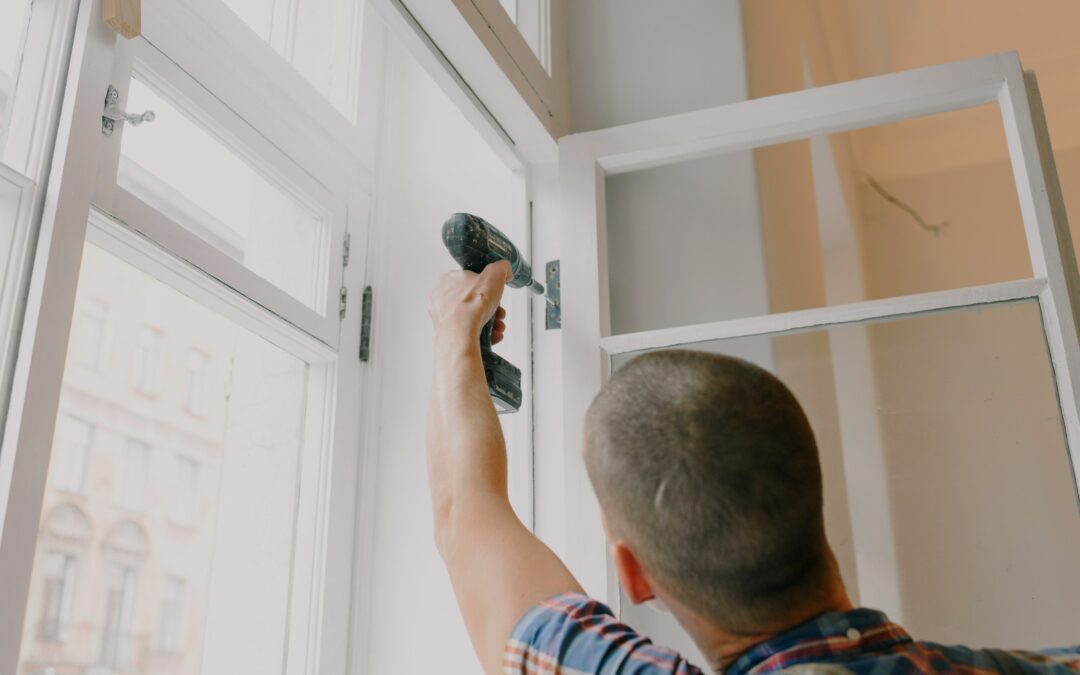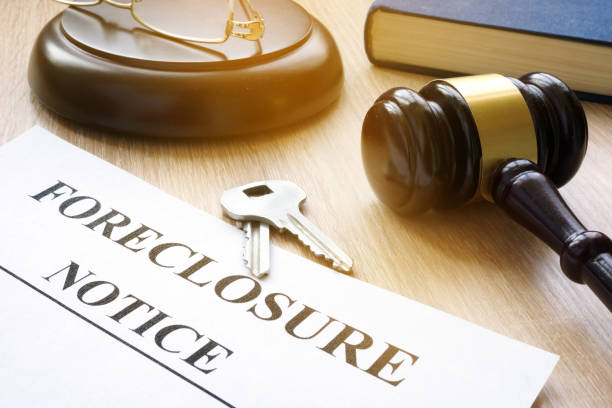There is a lot that goes into buying a home. This is the case whether you plan on living in the property or using it as an investment. What most veteran homebuyers know is that the list price is not the amount you end up spending. Between property taxes, insurance and miscellaneous closing costs this number is typically thousands of dollars higher. In most cases this can have a huge impact on whether or not you move forward with the property. These costs and expenses are with every bank loan you finance. You need to know exactly what your bottom line is before you get too far. Here are the five most common home buying expenses.
- Property Tax. “At the time of purchase, the [property] tax owing by the seller has normally been accounted for with the clients, but not that it’s going to be due. If someone takes possession in October, they will pay the seller back for November and October, but then only have 6 months to save up 12 months worth of tax before it’s due. There is not enough discussion with buyers on this and given that they are normally ‘tapped out’ after the down payment and closing costs, it can be an unexpected bill if they haven’t owned a home before,” says Taylor Hack, RE/MAX River City, Edmonton, AB.
- Homeowners Insurance. The homeowner’s insurance works very much like the property tax escrows in regards to what is required before the closing. Prior to taking ownership the lender requires a full year of insurance. Making this prepayment for the year does not omit you from making your regular monthly payments. Your insurance payments will still be on your monthly statement. Homeowners insurance on an investment property is typically much higher than a primary residence. This is usually increased with every additional unit in the property. A three family investment rental property can have homeowners insurance well over two thousand dollars a year.
- Origination Fees. There have been some pretty significant changes in the mortgage industry over the past five years. One of the biggest changes is with the level of transparency of fee disclosures. In the past it was not uncommon for buyers to discover additional fees at the closing table. At that point their only options were to accept the costs and close or walk away. Neither of these options was very desirable. Since 2009 there have been rules in place that allow the borrower to know exactly what they will be spending almost to the dollar. If there is any variance in fee the loan must be resubmitted and the process will be delayed. Partly because of this loan origination fees have declined in recent years but they are still prevalent. With most loans you have a few options for how you will be charged. You have the option of paying the lender anywhere from one to two points to get the rate you desire. Another option is take a slightly higher rate and have the lender receive their compensation through the bank. Depending on your objective with the property either of these options may make sense for you. Whatever you choose you will know exactly where you stand and what your fees are as soon as five days after your initial loan application.
- Tax Payoffs. In addition to the property escrow payments there is also the matter of outstanding property taxes. If you purchase between the tax billing cycle someone is on the hook for the taxes. That person is typically the buyer in the transaction. There are times when the seller will pay until the end of the next bill but in most cases the buyer needs to pay the per diem. This is another payment that can be in the thousands of dollars depending on the billing cycle and amount of property taxes.
- Miscellaneous Expenses. The HUD-1 settlement statement is the breakdown of all expenses and payments made during the transaction. Anyone that has ever bought a home before knows that there are several miscellaneous expenses in every transaction. Before your loan even goes into underwriting you are on the hook for the inspection and appraisal fees. Added up these can reach almost $1000. You also need to make sure you take ownership with a clean title. If there are liens on the property they have to be cleared. This is almost always at the buyer’s expense but if they don’t have the funds to pay them off you they will fall on your lap if you want the property. You also have expenses for attorney fees, title search, title insurance, recording fees and specific lender fees not associated with origination fees. These fees quickly add up and can easily reach thousands of dollars.
By law you will receive a fee worksheet before your loan is submitted into underwriting. This estimate will be within a few hundred dollars of the number you will find at closing. Don’t be afraid to question these fees or ask if there is a way to reduce them. You will be surprised to find what you can get simply by asking.





